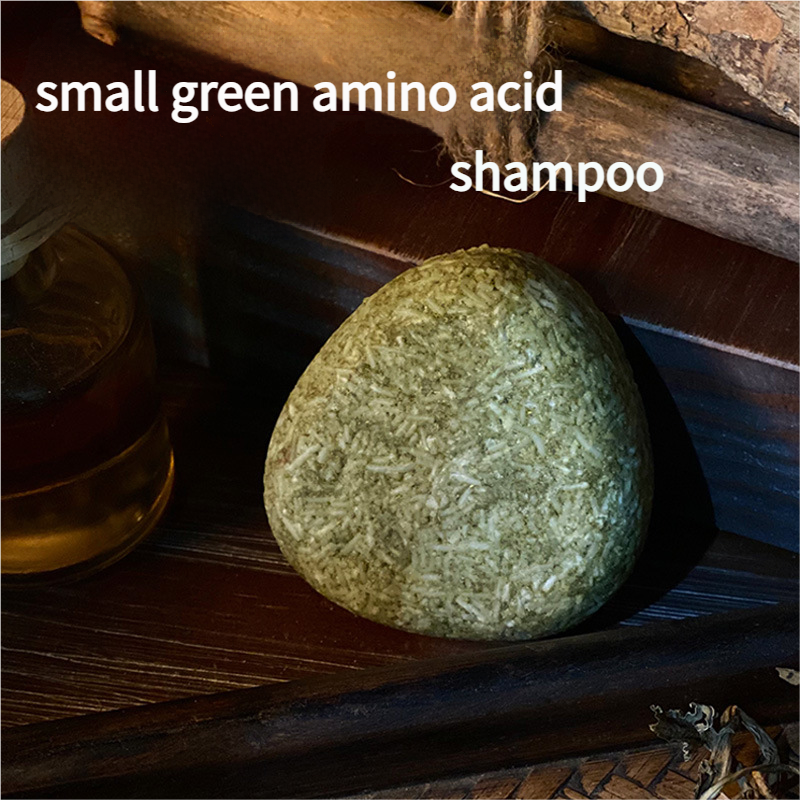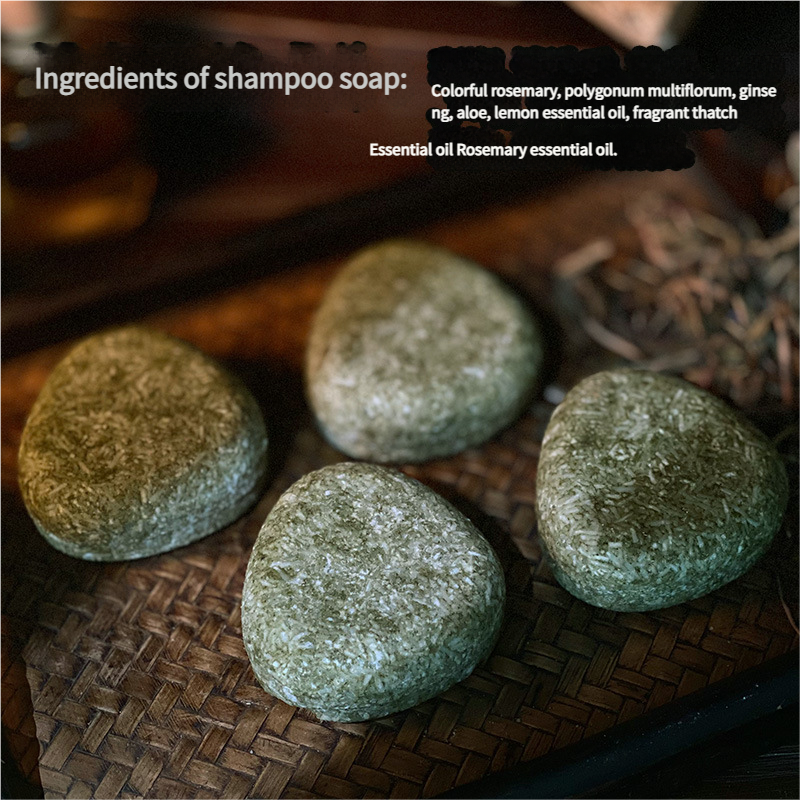In our daily cleansing routines, we use soap every day. However, have you ever paused to consider what the soap you touch daily is actually made of? Unlike the common industrial soaps found on the market, handmade soap is gaining renewed favor for its pure, gentle, and skin-friendly properties. This isn't just a return to a cleansing product; it's a pursuit of a healthier lifestyle and sustainable beauty.
 What is Handmade Soap? How Does It Differ from Industrial Soap?
What is Handmade Soap? How Does It Differ from Industrial Soap?
Handmade soap typically refers to soap made through the "cold process" method. This method involves mixing natural oils (like olive oil, coconut oil, shea butter, etc.) with a lye solution (sodium hydroxide solution). Through a natural "saponification" reaction, the oils are transformed into glycerin and true soap.
The manufacturing process of industrial soap (or commercial bar soap), however, is quite different:
Ingredients: Industrial soaps often extract the naturally formed glycerin during saponification (because of its high value as a humectant for other products). They then add large amounts of synthetic detergents, foaming agents, hardeners, preservatives, artificial fragrances, and colorants.
Production Speed: Industrial production prioritizes efficiency, often using high temperatures or rapid saponification processes, which can destroy the active properties of some natural ingredients.
Purpose: The main goals are efficient cleaning and low-cost mass production, rather than skin health.
The Exceptional Benefits of Handmade Soap: Why Your Skin Will Love It
Choosing handmade soap isn't just selecting a more natural cleansing product; it's choosing a deeper level of care for your skin.
Naturally Moisturizing Essence: The most significant feature of handmade soap is that it fully retains the naturally produced glycerin during the saponification process. Glycerin is an excellent natural humectant that draws moisture from the air and locks it onto the skin's surface, effectively moisturizing your skin. This means that after use, your skin won't feel tight or dry, but rather soft and hydrated, making it especially suitable for dry skin and sensitive skin.
Pure Ingredients, Say Goodbye to Irritation: High-quality handmade soaps use only natural oils like cocoa butter, shea butter, and olive oil, combined with pure water, essential oils, natural clays, or herbal powders. They are free from synthetic fragrances, dyes, preservatives (like parabens), and sulfates (like SLS/SLES), which are common irritants found in industrial soaps. This significantly reduces the risk of skin allergies, redness, or irritation, making them an ideal choice for sensitive skin care.
Gentle Cleansing, Maintaining Skin Barrier: Handmade soaps typically have a more balanced pH level, closer to the skin's natural pH. They cleanse gently, effectively removing dirt and excess oil without disrupting the skin's natural protective barrier. This helps maintain a healthy skin microbiome and strengthens the skin's own defense capabilities.
Rich Lather and Unique Aromas: Despite not adding artificial foaming agents, handmade soaps can produce a rich and delicate lather, offering a pleasant bathing experience. Their unique fragrances usually come from pure natural essential oils. Besides providing aroma, these essential oils may also offer aromatherapy benefits, such as the soothing properties of lavender or the purifying effects of tea tree oil.
An Eco-Friendly and Sustainable Choice: Most handmade soaps use minimalist or biodegradable packaging, are plastic-free, significantly reducing plastic waste. Their natural ingredients are biodegradable and have a low environmental impact, making them truly eco-friendly beauty products.
How to Choose the Right Handmade Soap for You?
When faced with a dazzling array of handmade soaps, you can choose based on the following points:
Ingredient List: Read the ingredients carefully and choose natural oils and additives you recognize.
Skin Type: For dry skin, opt for soaps rich in olive oil or shea butter; for oily skin, choose soaps containing tea tree essential oil or activated charcoal; for sensitive skin, prefer unscented soaps or those with mild essential oils (like lavender).
Curing Period: Understand the curing period for cold process soap; a well-cured bar will be gentler and last longer.
Brand Reputation: Choose handmade soap brands with a good reputation that prioritize quality and craftsmanship.
Conclusion: Embrace Handmade Soap, Start a New Chapter in Healthy Skincare
Handmade soap is more than just a cleansing product; it's the culmination of craftsmanship, natural ingredients, and a commitment to skin health. Say goodbye to industrial soaps with unknown chemicals and choose handmade soap to let your skin return to its pure state and enjoy nature's nourishment.
Are you ready to experience the transformation that handmade soap can bring?


